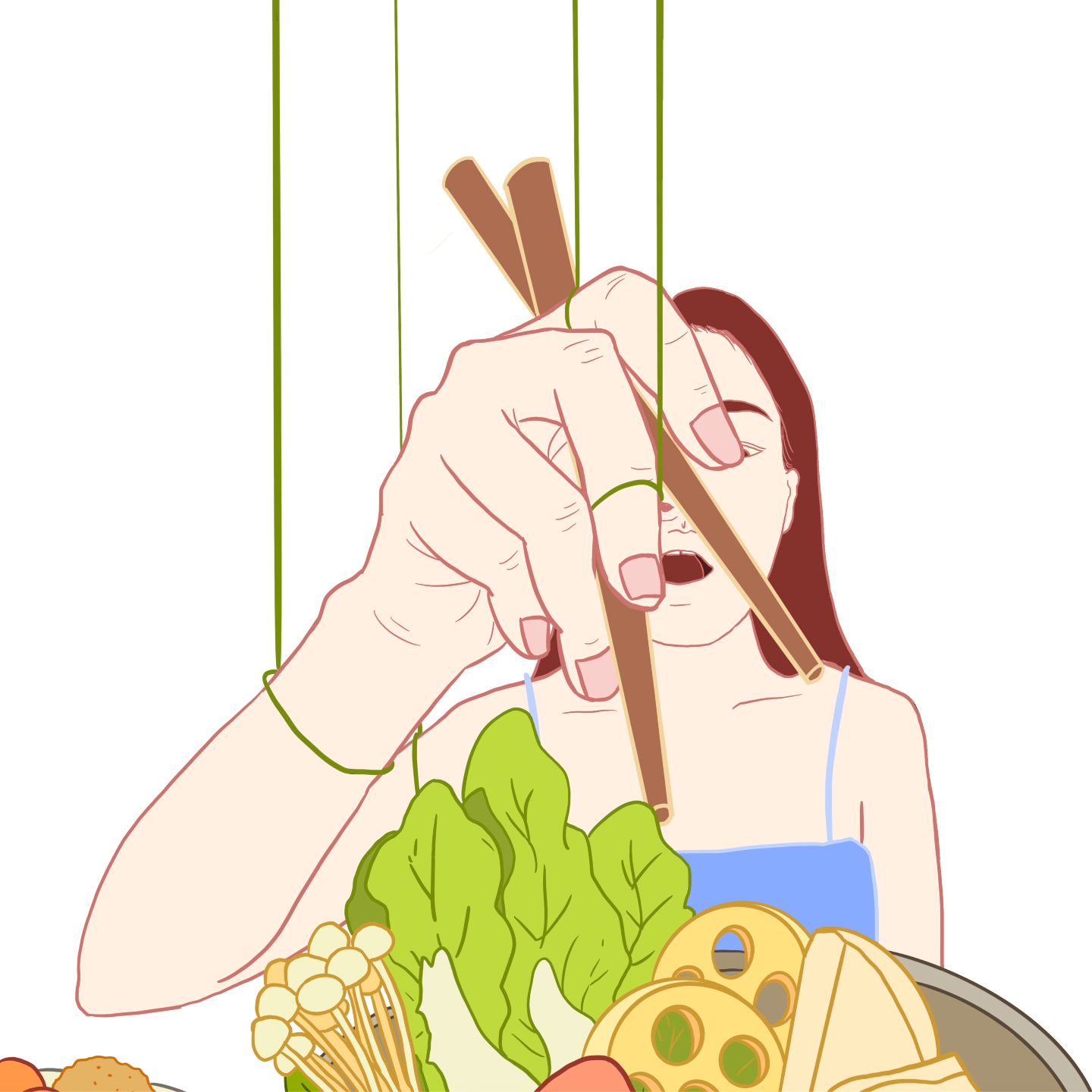
Deep Dive
What are the diagnostic criteria for Anorexia Nervosa according to DSM-5?
The diagnostic criteria for Anorexia Nervosa include: A) Restricted energy intake leading to significantly low body weight for age, sex, and developmental trajectory; B) Intense fear of gaining weight or becoming fat, or persistent behavior that interferes with weight gain; C) Disturbance in self-perceived weight or shape, or persistent lack of recognition of the seriousness of the current low body weight.
What are the limitations of using DSM-5 for diagnosing eating disorders?
DSM-5 has limitations as it is symptom-based, which can lead to overdiagnosis or misdiagnosis. It does not account for environmental, educational, or mental health factors that may influence eating behaviors. Additionally, it primarily focuses on mainstream populations and may not adequately address the needs of marginalized groups like LGBTQIA+ individuals.
What is the difference between Bulimia Nervosa and Binge Eating Disorder?
Bulimia Nervosa involves recurrent episodes of binge eating followed by compensatory behaviors like vomiting or excessive exercise to prevent weight gain. Binge Eating Disorder, on the other hand, involves recurrent episodes of binge eating without the compensatory behaviors, leading to feelings of distress and guilt.
What are some common psychological traits associated with eating disorders?
Common psychological traits include low self-esteem, lack of self-worth, black-and-white thinking, feelings of emptiness, a strong need for control, insecurity, difficulty in social interactions, and distrust of oneself and others. Additionally, factors like fatphobia, orthorexia, gender dysphoria, and cultural adaptation stress can also play a role.
How does the DSM-5 categorize the severity of Bulimia Nervosa?
The severity of Bulimia Nervosa is categorized based on the frequency of inappropriate compensatory behaviors: Mild (1-3 episodes per week), Moderate (4-7 episodes per week), Severe (8-13 episodes per week), and Extreme (14 or more episodes per week).
What is the role of a nutritionist in treating eating disorders?
A nutritionist plays a crucial role in treating eating disorders by providing personalized dietary plans, addressing nutritional deficiencies, and helping individuals develop a healthier relationship with food. They also work collaboratively with other healthcare professionals to address the psychological and emotional aspects of eating disorders.
What are some examples of Other Specified Feeding or Eating Disorders (OSFED)?
Examples of OSFED include atypical Anorexia Nervosa, atypical Bulimia Nervosa, atypical Binge Eating Disorder, Purging Disorder, and Night Eating Syndrome. These disorders do not meet the full criteria for specific eating disorders but still cause significant distress and impairment.
What is the significance of understanding the underlying causes of eating disorders?
Understanding the underlying causes of eating disorders is crucial for effective treatment. It helps in identifying the emotional, psychological, and environmental factors contributing to the disorder, allowing for a more comprehensive and personalized approach to therapy and nutritional intervention.
- 介绍了8种饮食失调类型:神经性厌食症、贪食症、暴食症、其他特定喂养或进食障碍、非典型厌食症、夜食综合症、异食癖、反刍障碍、回避/限制性食物摄入障碍
- DSM-5诊断标准的局限性:基于症状的诊断存在潜在问题,容易出现过度诊断;忽略了环境因素、教育问题、心理健康等方面的考虑;病理驱动的视角缺乏同理心
- 营养咨询师的观点:理解饮食失调行为背后的驱动因素,帮助来访者找到可控、可实现的方式与食物和身体和平共处
Shownotes Transcript
每个人都有自己的饮食故事。这是组成你的一部分。
如果你现在正在经历饮食问题,你正在度过这个坎。我希望你知道的是,这段时间一定会过去,请看到希望。
Diagnostic and Statistical Manual of Mental Disorders (DSM-5)是用来诊断饮食失调疾病的标准。它只是一个参考的工具,在使用的过程也要了解它是有局限性的。任何饮食行为问题都很特殊。任何饮食失调的治疗都无法套用公式。
本期内容包括:
1,8个饮食失调问题诊断
2,DSM-5的诊断局限性
3,自测风险
4,营养咨询师的态度
【跳转内容】
05:25 神经性厌食症
09:02 贪食症
11:50 暴食症
12:45 其他特定喂养或进食障碍
13:46 非典型厌食症
14:03 夜食综合症
14:52 异食癖
15:20 反刍障碍
15:45 回避/限制性食物摄入障碍
17:46 DSM - 5 局限性
25:15 饮食失调患者心理
27:37 作为营养咨询师的观点和态度
【主播】
Jingle,美国注册营养师RDN,美国跨学科肥胖和体重管理专家CSOWM,哥伦比亚大学医学营养硕士MS,私人营养师。深圳女孩在杭州。
人生和个人营养服务品牌slogan:人生潇洒,得我所爱。
在《营养不营养》播客中,只说真心话,是一个不做作的有用营养师。
私人营养服务预约:yesdietitian
【节目 - 营养不营养】
这是一档营养师说真心话玩大冒险的节目。这里我分享营养咨询室内的故事,分享咨询室外的生活感悟。
营养界喜欢用这句话 - You are what you eat. 这里我想表达:You eat WHAT YOU NEED (And WHAT YOU WANT)。这里我们聊最实用的营养知识,也聊生活的salt and pepper。构成一个营养不营养的内容。
【BGM】
Strange Roses - Ady Suleiman
【其他】
加入听友群:yesdietitian ,备注:听友群
更多科普在我的xhs:美国注册营养师Jingle
线下咨询室(杭州):晶铛私人营养服务
我感激每一个让我感到幸福的食物。我希望你们也是。
